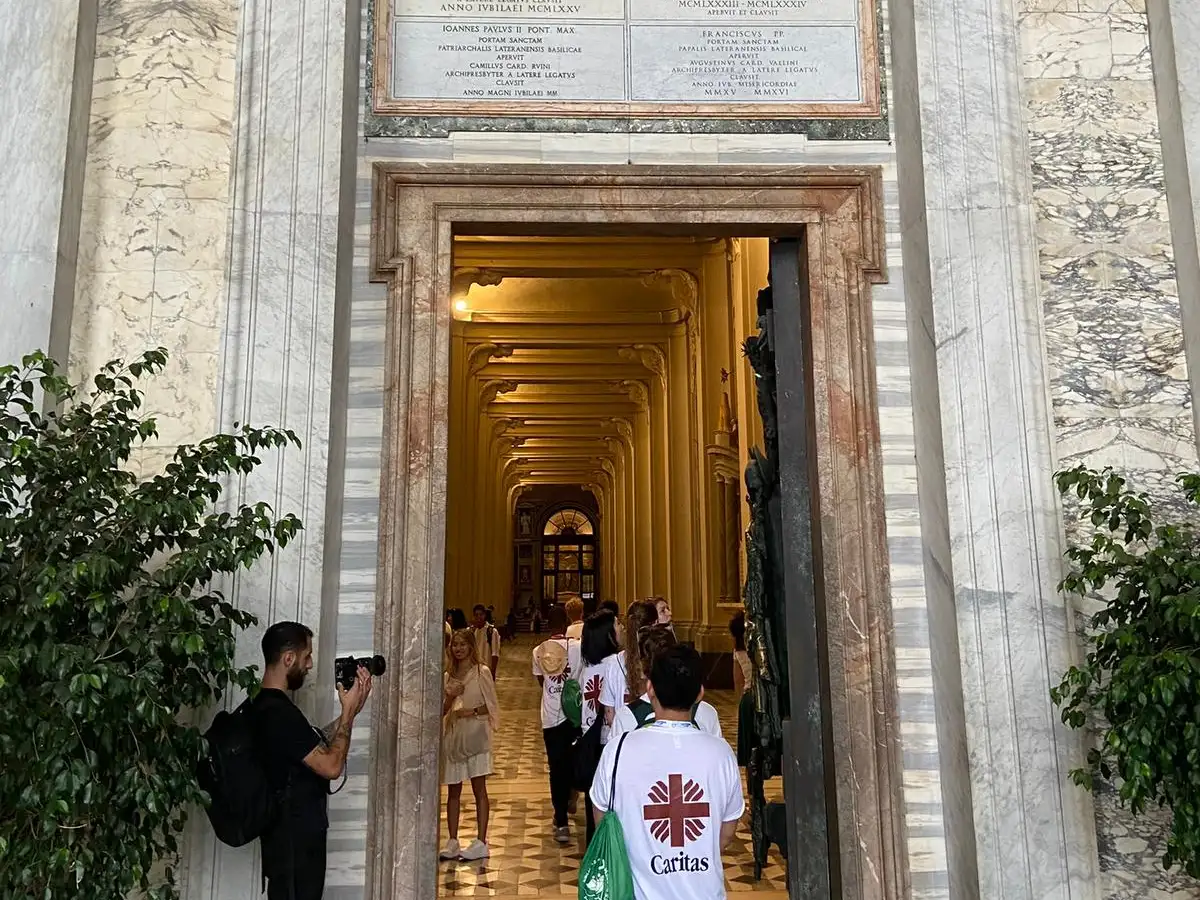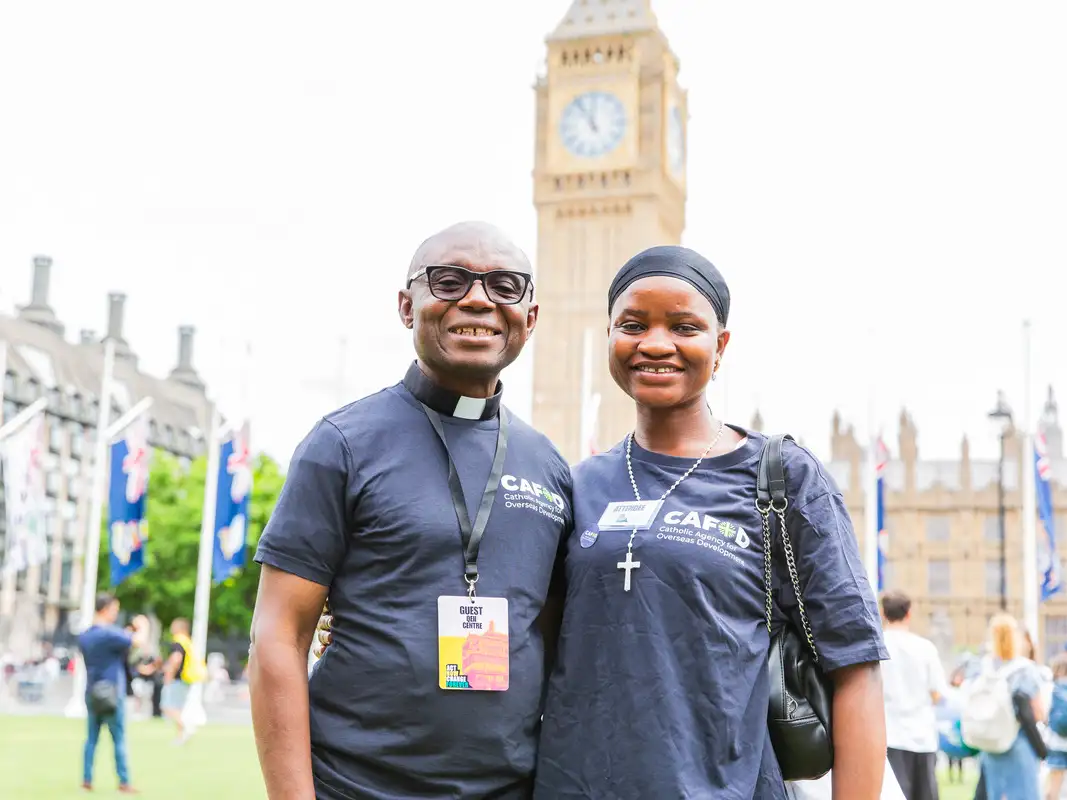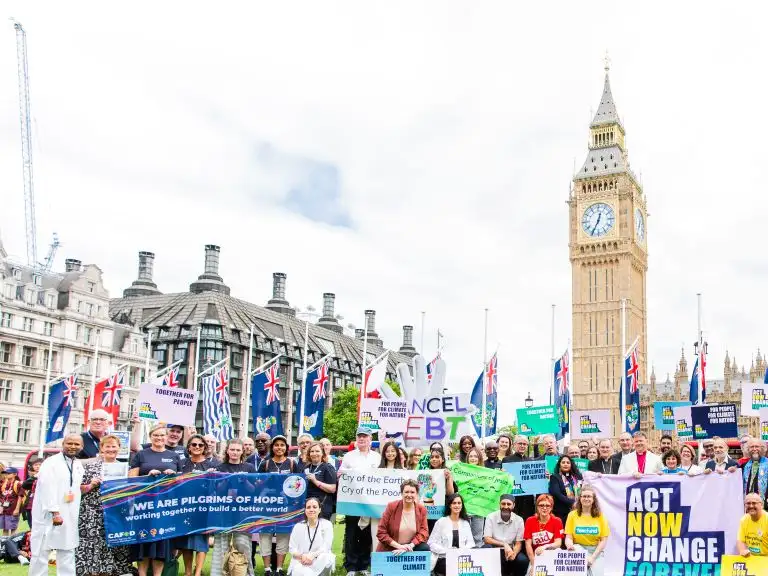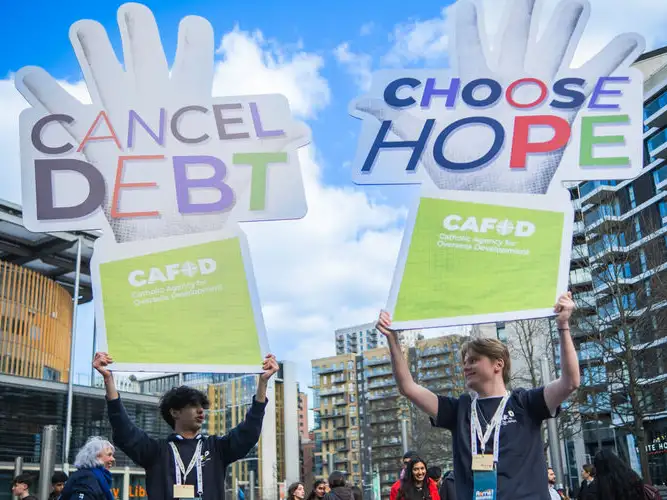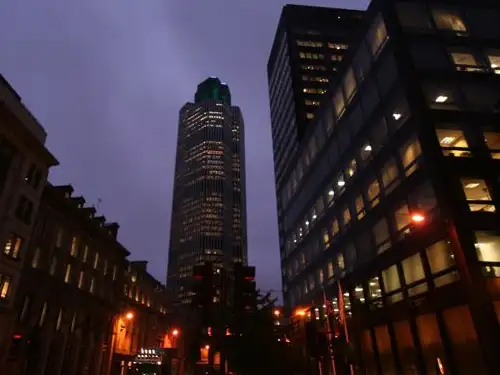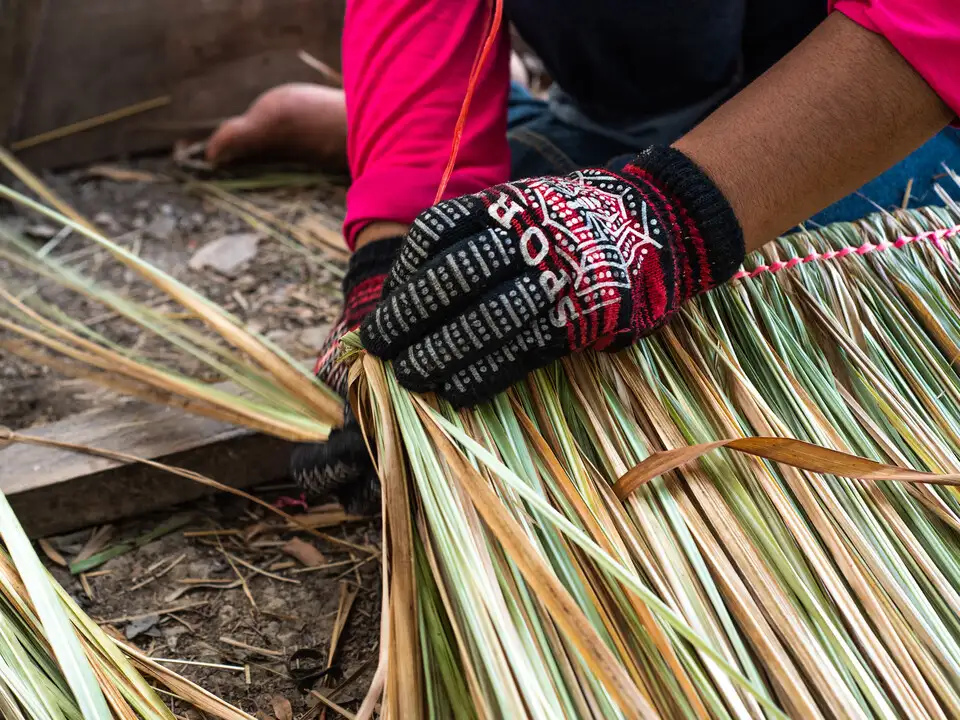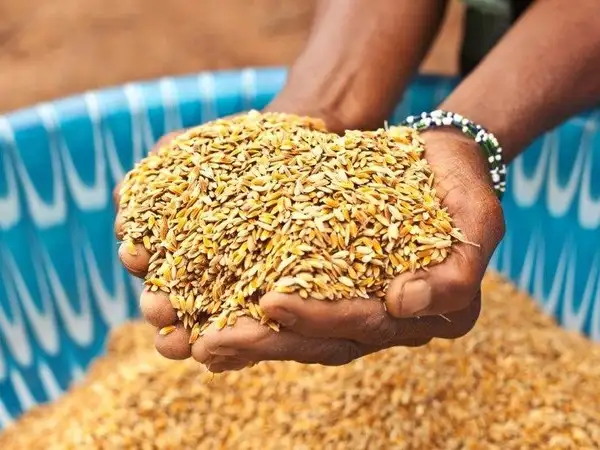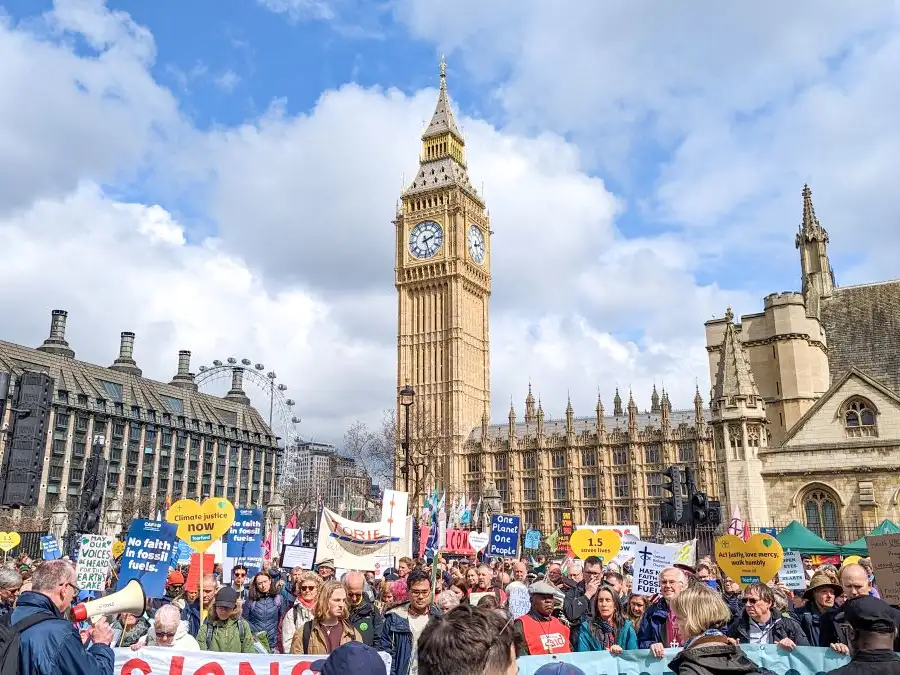

Claudelice Silva dos Santos works to protect the Amazon forest where she lives
CAFOD is calling for a stronger Environment Bill that puts indigenous people at the heart of protecting nature and tackling the climate crisis.
No UK-based company should stand to benefit from the destruction of planet and people
The Amazon rainforest is under threat. In Brazil, since President Jair Bolsanaro took office in 2019 an area equivalent to the size of Jamaica has been destroyed. In Peru, Colombia and Bolivia the situation is also dire.
The UK is not innocent. The destruction of forests is often to provide land for the production of goods later sold by UK businesses, including beef, soya, palm oil, timber and minerals. By buying their products, we are complicit in driving deforestation and human rights violations against forest communities.
This is not only a problem in Latin America. In the Democratic Republic of the Congo, local experts are working tirelessly to safeguard the Congo Basin from harmful projects which benefit agriculture and mining companies, but bring little or no benefit to local people.
Indigenous peoples and local communities are the best protectors of forests. Our recent report shows how land and environmental human rights defenders in Latin America depend on the earth’s natural resources, safeguard forests for generations, and are on the frontline of defending against the climate crisis.
The cry of the earth and the cry of the poor are deeply interconnected. Over the last few months, we’ve been putting this belief, recognised in our strategic framework Our Common Home, into practice.
What's in the Environment Bill?
Although one part of the bill aims to tackle the contribution of UK businesses to global deforestation - by banning the use of certain products associated with illegal deforestation and requiring large companies to undertake due diligence in their supply chains - it does not go far enough.
As it stands, the Environment Bill will not sufficiently protect those on the frontlines defending our common home. The rights of indigenous peoples and other local communities are not covered by the “due diligence” provision, and it only applies to activities deemed illegal in the countries from which these products are sourced.
In Brazil, this would mean that UK companies could still use and sell products linked to deforestation on indigenous lands if this is declared “legal”. That’s a huge risk right now as the Brazilian government is trying to change the law to open up more indigenous lands to exploitation.


Ivanilde and her community continue to fight on the frontline of a crisis that will affect us all.
The Environment Bill also only covers specified agricultural products, like palm oil. It won’t cover mining for gold and other minerals, which is having a devastating impact on the Yanomami indigenous people in Brazil. What’s more, the bill doesn’t cover financial organisations like banks, which are bankrolling deforestation.
What is CAFOD doing to make the Environment Bill stronger?
We’re raising awareness by lobbying MPs and highlighting the issue in the media. Recently CAFOD and more than 50 other organisations wrote to the Prime Minister to express our concerns. The efforts are paying off, as MPs have been raising these issues in parliament. But while there is support across all political parties for more ambition from the government, businesses have lobbied against these new legal requirements.
We’ll continue to push for a bill that puts the people affected at the heart of protecting nature and fighting climate change - and which ensures no UK-based company benefits from the destruction of planet and people.
As Pope Francis tells us, to protect and improve our world we need drastic changes to our “lifestyles, models of production and consumption, and the established structures of power which today govern societies”. This means taking a strong stand against those with power who profit from exploiting the planet’s resources and the people who depend, protect and rely on them.
As the Environment Bill reaches its final stages this month, we’ll continue to push for a bill that puts the people affected at the heart of protecting nature and fighting the climate crisis - and which ensures no UK-based company benefits from the destruction of planet and people.




